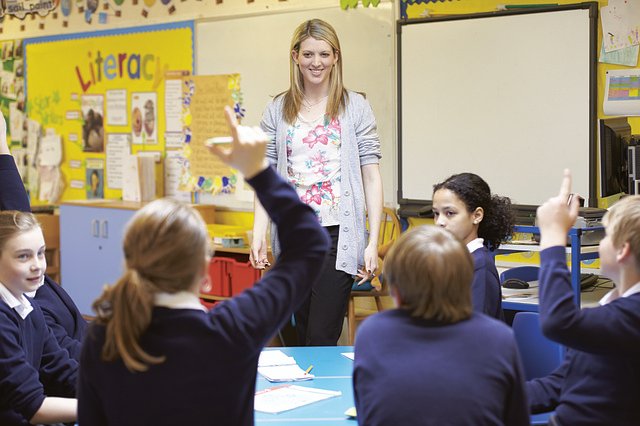Government could do more to help school leaders and pupils to thrive, says NAHT

Survey results: School leaders’ experiences
The first of a series of posts which introduce headline findings from a survey of almost 1500 school leaders, this survey was carried out in summer 2021 by researchers from Nottingham and Oxford in partnership with ASCL and NAHT.
What were school leaders’ experiences of the pandemic?
Most leaders have coped with the pandemic. Fewer than one in 20 (4%) say they have been ‘mostly sinking’ (Fig. 1.1). Just over a third (35%) say they have thrived to some extent, but that leaves almost two thirds who have not been thriving. Just over two fifths (42%) say they have been ‘mostly surviving’, while almost a quarter (23%) have been sometimes or mostly sinking.
Commenting on the results of the survey by the Universities of Nottingham and Oxford, in partnership with school leaders’ unions NAHT and ASCL, Nick Brook, NAHT deputy general secretary, said:
“It has been a stressful and difficult year for school leaders, as the responses to this survey show clearly. ‘Mostly surviving’ and ‘sometimes sinking’ isn’t what you want to hear from people trying to do their best to help children to thrive.
“It is very clear that the government has been the main source of stress for school leaders during the pandemic. Obviously uncertainty and frequent changes couldn’t be entirely avoided during such an unprecedented situation, but the lack of timely and straightforward advice from the Department for Education tops the list of reasons for school leaders’ stress. This isn’t acceptable. School leaders and their teams have worked all hours and have moved heaven and earth for the children in their care – they could expect the government to do the same for them.
“Further survey results released today reveal that 9 out of 10 school leaders disagreed that the DfE’s advice and guidance during the pandemic was timely and straightforward, and 9 out of 10 school leaders said they were not able to trust it. This is a shameful review of the government’s support for schools during the worst crisis they have experienced.
“In fact, school leaders rated the help they got from their union or professional association much more highly for helping them to cope than government resources, something which is also reflected in the increased membership numbers for NAHT over the past year and a half.
“While pupil’s learning and progress is quite rightly school leaders’ top concern now we have returned to full onsite education, the second biggest stressor is preparing for renewed Ofsted inspections. A lack of resources and funding is also very high on the list. These things needn’t be taking so much of school leaders’ attention – it is very clear that the stress of inspections is stopping schools from focusing fully on pupils, just at the time they most need to.
“The government should back schools and children by pausing inspection and fully funding and resourcing schools, so that all their focus can be where it should be, on the most important task of helping children’s education and wellbeing to recover.
“As the conclusion to this report says, this offers a wake-up call for government. There are clear steps they could take to improve the situation for schools, school leaders and children, and to help them to thrive. We can only hope they will listen.”











Responses